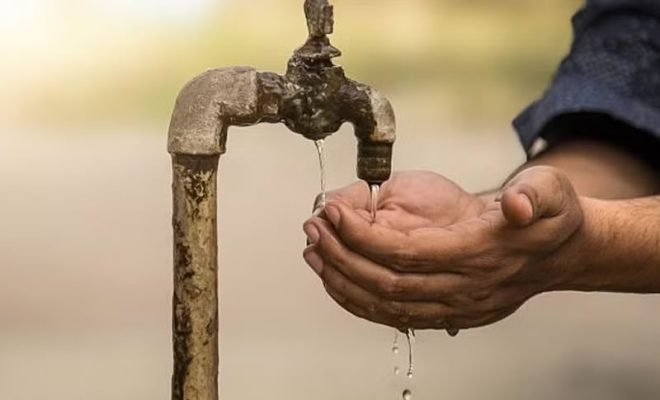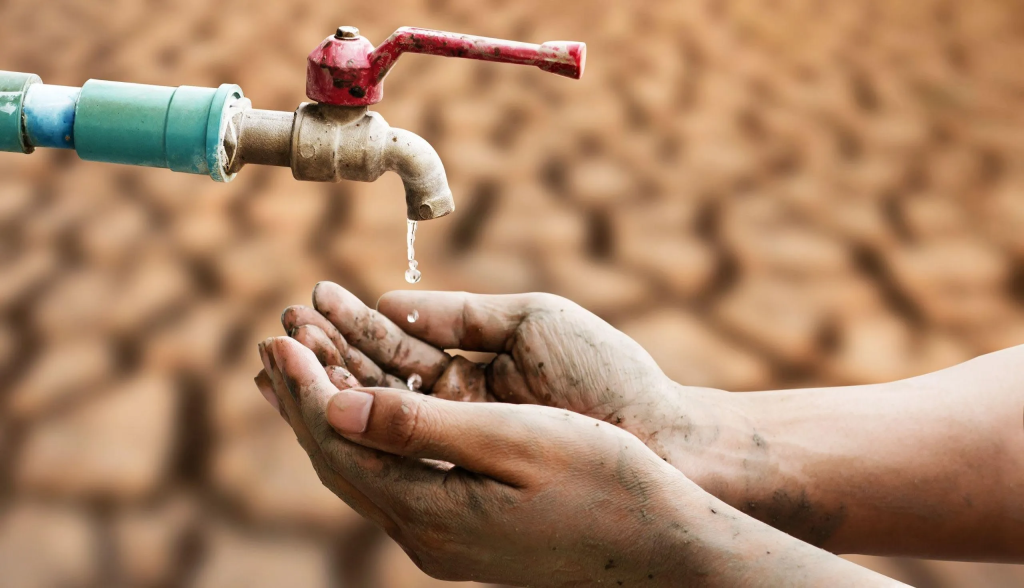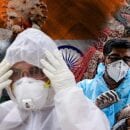Every Drop Counts: India’s Struggle with Water Scarcity

Water is the most vital resource for survival, but millions in India struggle every day to get clean and safe water. The country has nearly 1.4 billion inhabitants facing an increasing water crisis due to over-exploitation, mismanagement, and climate change. Unless actions are taken on a war footing, the situation may reach catastrophic levels.
What Causes the Water Crisis in India?
- Over-extraction of Groundwater – Groundwater is the source of water for the farmers. Groundwater has continuously been mismanaged by pumping without restriction and not conserving water.
- Rainfall Unpredictability – Climate change has disturbed the pattern of rainfall from the very beginning. Some areas experience droughts while others are flooded with water, thus disturbing the balance of distribution.
- Pollution – Rivers and lakes are polluted by industries and plastic, letting less clean water for human consumption.
- Poor Water Management – Losses, leakages, dilapidated infrastructure, and bad water-use practices are all contributing factors to the already critical situation.
- Rising Population – More people mean an even greater water demand, putting tremendous strain on already over-burdened water resources.
How Does This Affect People?
The water crisis is not all about scarcity; it’s how they interact with daily lives:
- Health Issues – Diseases such as cholera and diarrhea arise from contaminated water. More than 500 children die every single day in India due to waterborne diseases.
- Agricultural Troubles – Water is life to the farmers growing crops. These crops fail to yield when water is not there, which in turn means starvation and economic distress.
- Women Are Affected – Many rural women and girls walk very long distances to retrieve water, affecting their education and earning opportunities.
- Economic Doldrums – Water is an essential ingredient in manufacturing industries. Nonavailability of water means loss of jobs, which thereby cripples economic growth.
Water Wars: Conflicts Over Rivers
Given limited water resources, states have been tense with each other, even bordering nations. Conflicts over the Indus, Sutlej, and Brahmaputra rivers have raised political tensions with Pakistan and China. Inside India, states like Karnataka and Tamil Nadu frequently grapple with water-sharing agreements.

Can We Solve the Water Crisis?
It does look bad, but we have the solutions. Proper policies and a cohesive movement can ensure India’s water future.
- Rainwater Harvesting – Collection and storage of rainwater would reduce dependency on surface and groundwater.
- Efficient Irrigation – Drip irrigation and other irrigation methods would reduce water consumption and enhance productivity.
- Water Recycling – The Treatment and reuse of wastewater would relieve the pressure on freshwater sources.
- Pollution Control – The imposition of strict conditions to stop industrial and sewage waste from being let into rivers.
- Awareness Programs – Generating mass awareness regarding the need for conservation, which would ultimately lead to good habits.
Steps taken by the government to control water scarcity in India?
| Government Initiative | Objective | Key Features |
| Jal Shakti Abhiyan | Nationwide water conservation campaign | Promotes rainwater harvesting, focuses on constructing and repairing water structures under the “Catch the Rain” phase |
| Jal Jeevan Mission (JJM) | Provides functional tap connections | Aims to supply clean drinking water to every rural household by 2024 |
| Atal Bhujal Yojana (ABY) | Sustainable groundwater management | Encourages community participation and demand-side interventions in water-stressed areas |
| Pradhan Mantri Krishi Sinchayee Yojana (PMKSY) | Improves irrigation efficiency | Focuses on better irrigation infrastructure and water conservation in agriculture |
| Ministry of Jal Shakti | Oversees national water management | Centralized authority for water policies and programs across India |
| National Water Policy (2012) | Encourages rainwater harvesting | Promotes water conservation as a key strategy to combat water scarcity |
The crisis of water in India is not purely a governmental problem. It affects everyone from individuals to businesses to policymakers. Work together; one day, it can help India avert the catastrophe that lies ahead when water will soon become so scarce there will be enough for only a few. Every drop is precious, and every minute is now.



